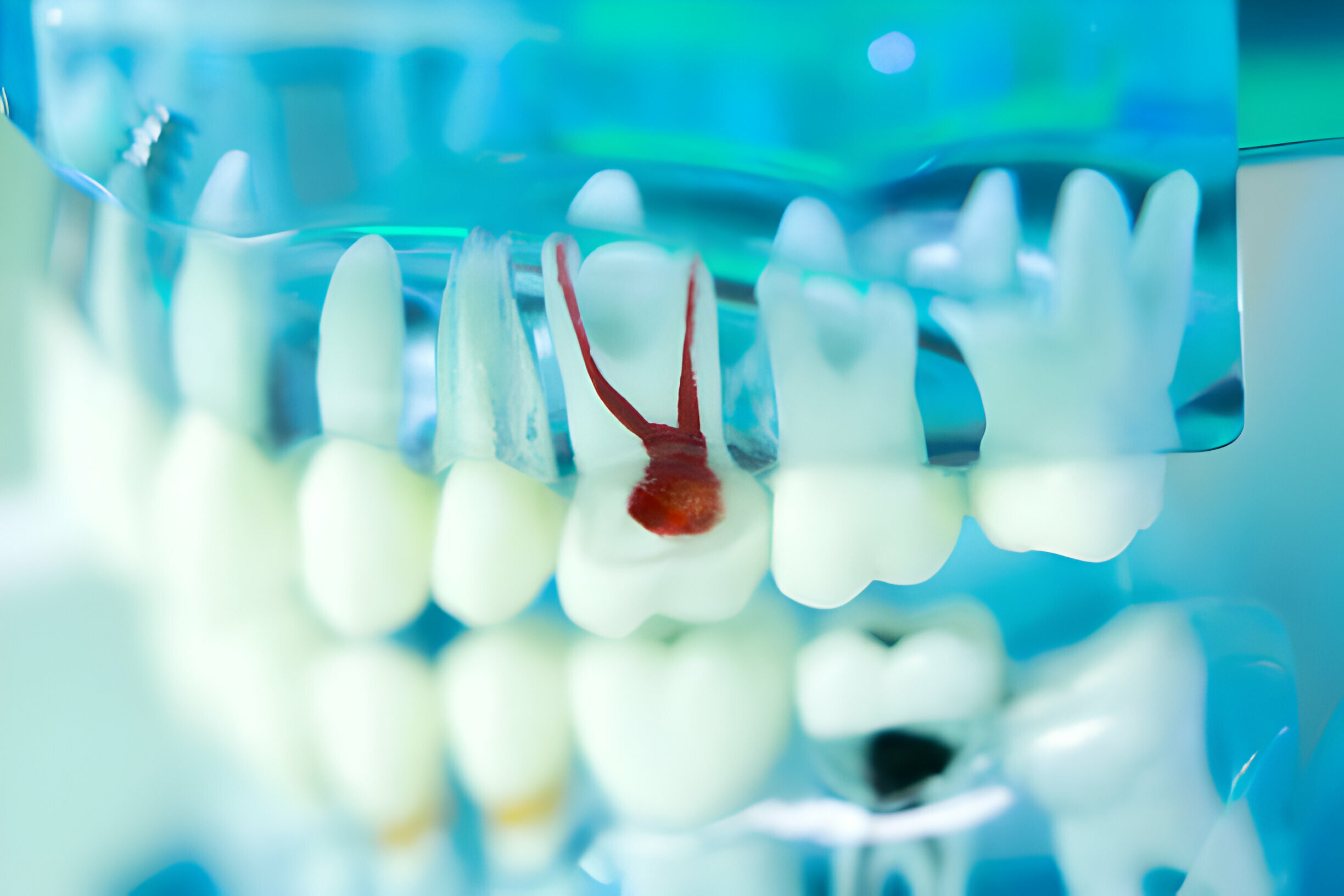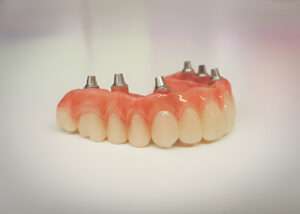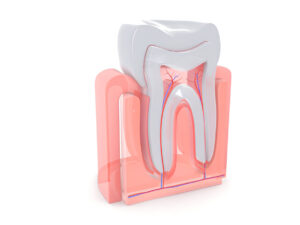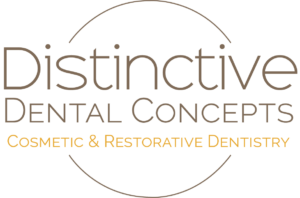Summary
Are you feeling nervous about your upcoming tooth extraction?
Are you feeling a bit anxious about the tooth extraction your dentist suggests? Don’t worry—you’re not alone! It’s a surprisingly common procedure, with nearly 5 million individuals undergoing it yearly.
While the thought of getting your teeth removed can be intimidating, the process is straightforward. Moreover, following the proper aftercare tips will quickly give you complete relief.

In this blog, we take a closer look at your journey before and after tooth extraction via topics like:
- What Is Tooth Extraction – An Overview
- What Happens During the Extraction Procedure?
- Tips to Prepare for Tooth Extraction
- Home Remedies for Tooth Pain After the Procedure
- When Should You See a Dentist Post Tooth Removal?
Continue reading as we learn more about tooth extraction in the following sections of the blog.
What Is Tooth Extraction – An Overview
Tooth extraction, or tooth removal, is a standard dental procedure that involves removing a severely decayed or damaged tooth from its socket in the jawbone. It is generally the last resort for every dentist, as many consider it only under specific conditions.
Extracting teeth might become necessary for dentists in Garland, TX, for various reasons, such as trauma to the tooth, infection, overcrowding, or while preparing your cavity for orthodontic treatment.
When is an Extraction Typically Recommended?
Healthcare professionals aim to preserve natural teeth whenever possible! However, there are situations where further therapeutic techniques, including dental crowns or fillings, are inadequate. Extraction might be necessary if the tooth damage is too severe to be repaired. In the following cases, your dentist could advise tooth extractions:
- Severe tooth decay (cavities).
- An impacted tooth.
- Severe gum disease.
- A fractured tooth.
- Crowded teeth.
- Tooth luxation or other dental injuries.
Now that we know the basics of tooth extraction, let’s learn more about what happens during the procedure in the following section.
What Happens During the Extraction Procedure?
Your dentist or oral surgeon will first numb the region around the problematic tooth with a local anesthetic before extracting it. General anesthesia may be required for more complicated surgeries or when many teeth need to be pulled.
Your dentist will use specialized tools, such as elevators and forceps, to carefully extract the problematic tooth from its socket while you’re sedated and unconscious. The extraction site can be sutured shut if required.
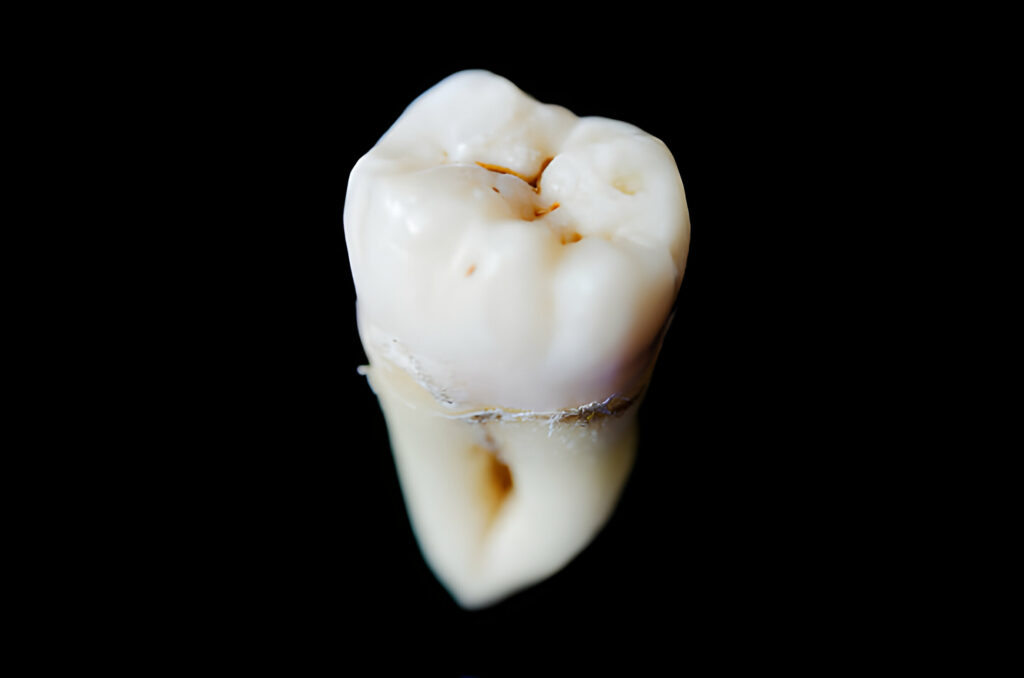
While experiencing pressure during the surgery is typical, the anesthetic should not cause discomfort. Your dental specialist will keep you comfortable throughout.
After pulling your tooth, you must follow your dentist’s post-extraction care guidelines. This typically includes:
- Taking prescribed pain medications (if necessary)
- Avoiding strenuous activities that may dislodge blood clots forming at the extraction site
- Applying ice packs to your face near the extraction site to reduce swelling,
- Eating soft foods after the extraction and reintroducing solid foods into your diet.
Why You Might Need Tooth Extraction?
There are several reasons why this dental procedure may be necessary, namely:
Tooth Decay
One typical reason is significant tooth decay or damage that cannot be corrected with conventional procedures such as dental fillings or crowns. If the decay has advanced to the pulp of the tooth, causing infection and severe discomfort, extraction may be the best option.
Overcrowding
Tooth extraction is often necessary due to oral overpopulation. Sometimes, there isn’t enough space for your teeth to fit comfortably. This can cause misalignment, alter your bite, and raise the risk of oral health problems, including gum disease and cavities.
Impacted Wisdom Teeth
If you’re suffering from impacted wisdom teeth, your dentist may suggest a rear tooth extraction. These third molars often develop in the late teens or early twenties, but they can become impacted if there is insufficient space for them to erupt properly. Impacted wisdom teeth can cause discomfort, cysts, infections, and even damage to nearby teeth.
In rare circumstances, orthodontic therapy may need tooth extraction to provide room for the appropriate alignment of the remaining teeth. Dentists may also recommend removing broken or diseased teeth before undertaking certain medical operations, such as chemotherapy or organ transplants, to lessen the chances of problems.
Tips to Prepare for Tooth Extraction
Preparing for tooth extraction is vital to a successful procedure and a good recovery. Here are some essential recommendations to help you prepare:
1. Consult with your dentist: Discuss any questions or concerns before arranging the extraction. They will assess your oral health and give appropriate suggestions based on your condition.
2. Follow pre-extraction guidelines: If a general anesthetic is utilized, your dentist may advise you to fast for a few hours before the treatment. Follow these requirements rigorously.
3. Arrange transportation: Depending on the type of sedation used during the extraction, you may be unable to drive home afterward. Ask your friends or family to accompany you and ensure your safe return from the dentist’s facility.
4. Take prescribed medications: If your dentist prescribes drugs, such as antibiotics or pain relievers, fill them out. This ensures that they are readily available after the treatment.
5. Prepare supplies for post-extraction: Stock up on soft meals, cold packs (to minimize swelling), gauze pads (to prevent bleeding), and over-the-counter mouth rinses prescribed by your dentist.
Home Remedies for Tooth Pain After the Procedure
It is normal to experience pain and edema following a tooth extraction. Some home treatments may alleviate pain at various stages of the healing process.
Here are some home cures for tooth pain:
- Nonsteroidal anti-inflammatory drugs (NSAIDs): NSAIDs, such as ibuprofen (Advil) and naproxen (Aleve), can help decrease swelling and discomfort.
- Ice packs: To relieve discomfort and swelling, apply a towel-wrapped ice pack to the injured side of the ice for 20 minutes at a time.
- Saltwater rinses: When used daily, saltwater rinses may help destroy germs in the mouth while also reducing swelling and discomfort.
When Should You See a Dentist Post Tooth Removal?
Talk with a dentist to determine the best course of action when considering tooth removal. The dentist can assess the existing situation and determine whether extraction is appropriate. Dentists are ideal for assisting and advising on tooth removal since they are informed and experienced.
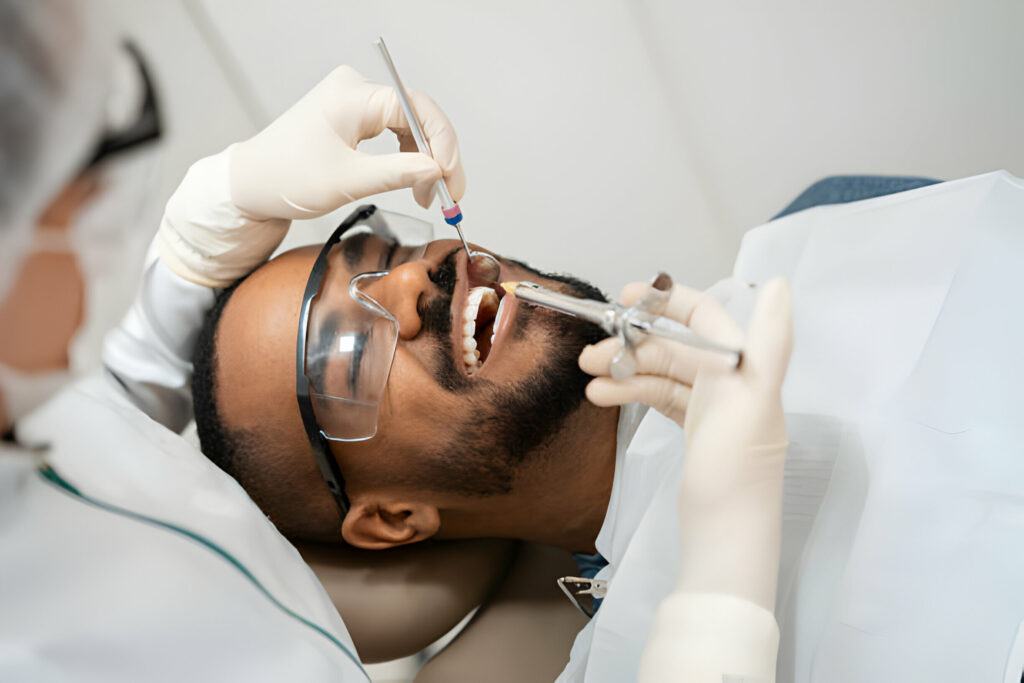
In general, you should consider visiting your dentist for tooth extraction in Garland, TX, in the following circumstances:
- If the tooth is broken or decaying beyond repair
- If you have periodontal disease, infection, or an impacted tooth.
- If the tooth causes overcrowding in the mouth.
Furthermore, a dental appointment should scheduled before beginning any treatment, even if it is a simple extraction. This allows the dentist to evaluate the patient’s medical history and health to identify the best course of action.
Takeaway
- While the thought of getting your teeth removed can be intimidating, the process is quite straightforward.
- One typical reason is significant tooth decay or irreversible damage with conventional procedures such as dental fillings or crowns.
- While experiencing pressure during the surgery is common, the anesthetic should not cause discomfort.
- Are you still thinking about the possibility of having your tooth extracted? Clear your doubts by visiting our experts at Distinctive Dental Concepts today!
